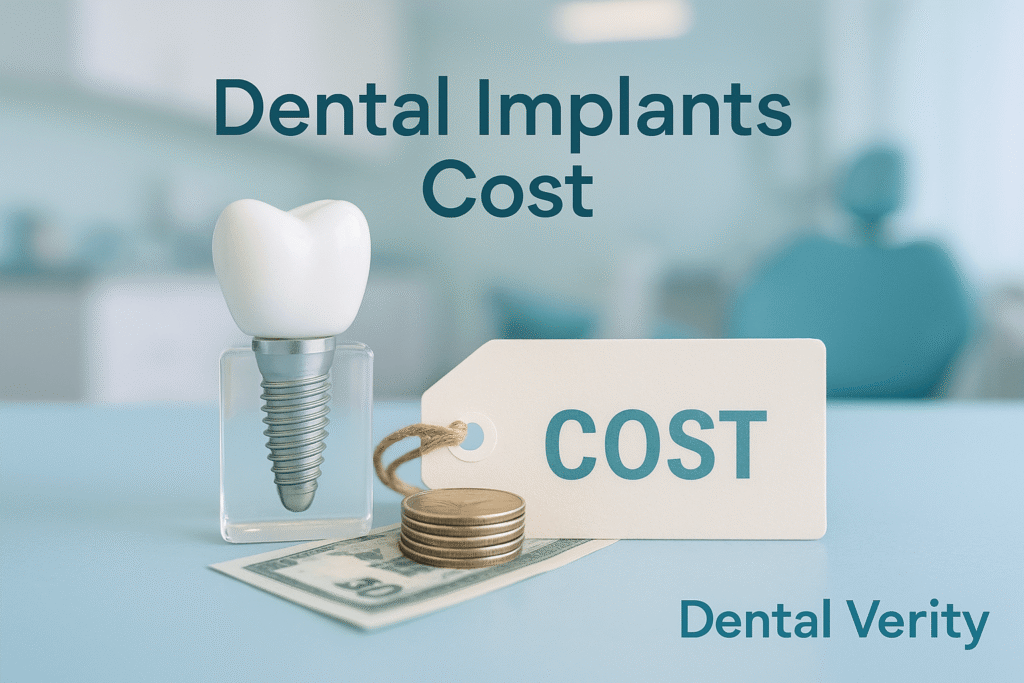
Many senior citizens hold the mistaken impression that tooth loss is an inevitable result of aging, but this is far from the truth. Although time and aging can lead to a decline in oral health, losing teeth is not a normal part of growing older. Your teeth are designed to last a lifetime, and with proper care, you can preserve them. Factors like gum disease, cavities, or accidents often contribute to problems, but age itself isn’t the main cause.
In the United States, approximately 30% of American seniors are toothless, and roughly 180 million people are missing at least one tooth. However, these numbers highlight preventable issues. Teeth are securely implanted in the jaw, and maintaining them involves adopting ways to sustain their health.
The Importance of Timely Care
Regular check-ups and good habits can make a world of difference. Dentists explain that many issues are preventable with early interventions and proper hygiene. For those becoming older, focusing on routine oral care like brushing and flossing helps avoid complications. One of the key ways to ensure your teeth remain healthy is by understanding the underlying causes of oral issues and addressing them as soon as possible. Whether you’re dealing with minor issues or seeking advice, dental professionals are here to support you at any age.
Major Causes of Tooth Loss
Tooth loss can occur due to several reasons that compromise oral health and hygiene. Below are some of the primary causes contributing to this condition:
How Gum Disease Impacts Tooth Loss
A common cause of tooth loss in the aging generation is periodontal disease, which affects the supporting tissues in the mouth. Over time, plaque and tartar accumulate, causing gum tissue to weaken and wear down slowly. Without regular brushing or an electric toothbrush, maintaining good oral hygiene becomes difficult, making it more likely for gum disease to develop. Once the disease progresses, roots of the teeth become vulnerable to infection, and the connective tissues that hold them in place may become damaged, causing teeth to loosen or even fall out.
Dentists encourage regular treatment and maintenance to address serious conditions like periodontal disease. Factors such as smoking and health conditions that reduce blood flow to the mouth increase the likelihood of developing gum problems. Symptoms like red, swollen gums that bleed when brushing or sensitive teeth can signal early stages of the disease. With several pointers, including routine check-ups at clinics like Dental Verity, patients can protect their healthy teeth and avoid complications in the later stages of gum disease.
Early Signs of Gingivitis You Should Know
In the initial stage of gum disease, known as acute gingivitis, symptoms such as redness, swelling, and bleeding gums during brushing often appear. This condition arises when plaque, teeming with harmful micro-organisms, covers the gums, leading to inflammation. If untreated, this degenerative process can turn chronic, damaging the tissue and bone surrounding the teeth, eventually causing tooth loss.
What was once thought to be irreversible can now be reversed with effective personal oral hygiene practices and timely intervention. Recognizing these early signs and addressing infections promptly can help maintain healthy gums and teeth for a lifetime.
Simple Steps to Stop Gingivitis
Preventing gingivitis starts with a daily routine that includes proper toothbrushing and flossing. Using a soft toothbrush helps to gently remove bacterial plaque that builds up around your teeth, especially in hard-to-reach areas. Incorporating floss into your routine is also an effective solution to clean between teeth where a brush cannot reach. By making oral hygiene a consistent part of your life, you can maintain healthy gums and a confident smile.
The Impact of Trauma and Illness on Tooth Loss
Trauma is a major cause of tooth loss in adults, often occurring due to automobile accidents or contact sports. These accidental events can result in knocked-out or damaged teeth, stressing the surrounding oral tissues. Immediate examination by dentists, is vital to repair injuries and maintain healthy teeth after such incidents.
Additionally, chronic illnesses and certain medications contribute significantly to tooth loss. Drugs that cause dry mouth reduce saliva, which naturally protects against harmful bacteria. This can lead to bacterial overgrowth, enamel degradation, and dental decay. It’s important to discuss these negative effects with your dentist and find means to counteract them. Tackling both injuries and illnesses promptly may lead to better long-term outcomes, ensuring teeth remain strong and protected.
How Periodontitis Affects Teeth and Bone Health
Periodontitis is a severe form of gum disease that causes the destruction of the bone and supporting tissue around the teeth. It is characterized by the formation of pockets or spaces between the tooth and gums, where harmful bacteria thrive. Chronic periodontal disease can lead to loosening and eventual loss of teeth. One of the biggest challenges is its early detection, as it often progresses unnoticed during its initial stages, with symptoms like bleeding during brushing being a common sign of damage.
As periodontitis advances, teeth may begin to feel loose, and the damage becomes more obvious. In most cases, the condition responds to treatment, but the destruction caused is largely irreversible. However, the progression can be stopped if treated early. Research shows a strong correlation between periodontitis and health conditions like diabetes, HIV infection, leukemia, and Down syndrome, especially in individuals with compromised immune systems. Understanding these factors and addressing them promptly is key to maintaining dental health and preventing further deterioration.
Key Factors That Influence Periodontal Disease
Periodontal disease is impacted by various risk factors that can worsen gum health over time. Smoking is one of the leading contributors, as it weakens the gums and reduces their ability to heal. Diabetes is another major factor, as individuals with this condition are at an increased susceptibility to gum infections. Poor diet and stress are also linked to the progression of the disease, making it essential to maintain a balanced lifestyle. Many individuals who are under stress or managing chronic illnesses are less likely to practice regular oral hygiene, increasing their chances of developing severe gum issues.
On a positive note, the majority of people can effectively avoid periodontal disease by removing plaque from their teeth on a daily basis. Brushing and flossing regularly, coupled with routine dental check-ups, can keep gums healthy. Ignoring gum health can also affect overall health, as research shows a connection between periodontal disease and systemic diseases like cardiovascular issues, infective endocarditis, and bacterial pneumonia. These conditions arise when bacteria from the mouth travel through the bloodstream, impacting the heart valves, endocardium, or even the lungs. Taking care of your gums is not just about avoiding tooth loss—it’s about protecting your whole body.
How Proper Nutrition Supports Healthy Teeth
Good nutrition is essential for maintaining strong teeth and gums, as it directly impacts oral health. A diet lacking calcium and other essential vitamins and minerals can increase the risk of tooth loss. Consuming excessive sugar or carbohydrate-rich foods unknowingly contributes to acid formation that damages teeth and gums. A lack of nutrients negatively affects the mouth, making it more prone to gum disease and other health-related problems. To avoid these issues, it’s important to prioritize a balanced diet with proper nutrients that strengthen your teeth and support overall oral health.
Keeping Teeth as a Permanent Fixture
Your teeth are designed to be a permanent fixture in your mouth if taken care of properly. Without regular attention, they face serious danger from gum disease, tooth decay, or accidents. Early dental treatments can help verify your smile and maintain oral health. Trusted dentists like those at Dental Verity emphasize the importance of prevention to avoid damage and the need to replace teeth later. Proper care ensures your teeth last for the rest of your life.



